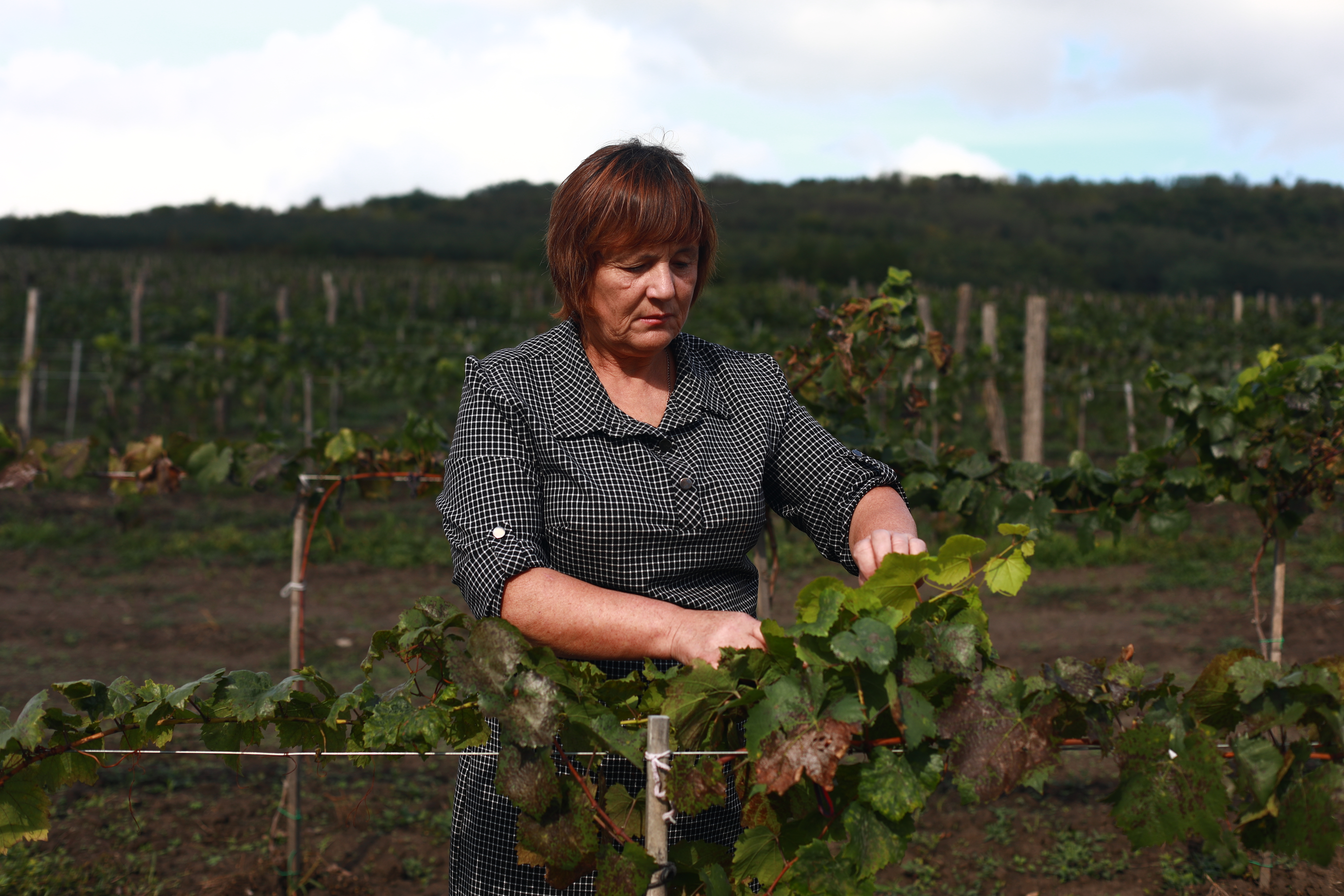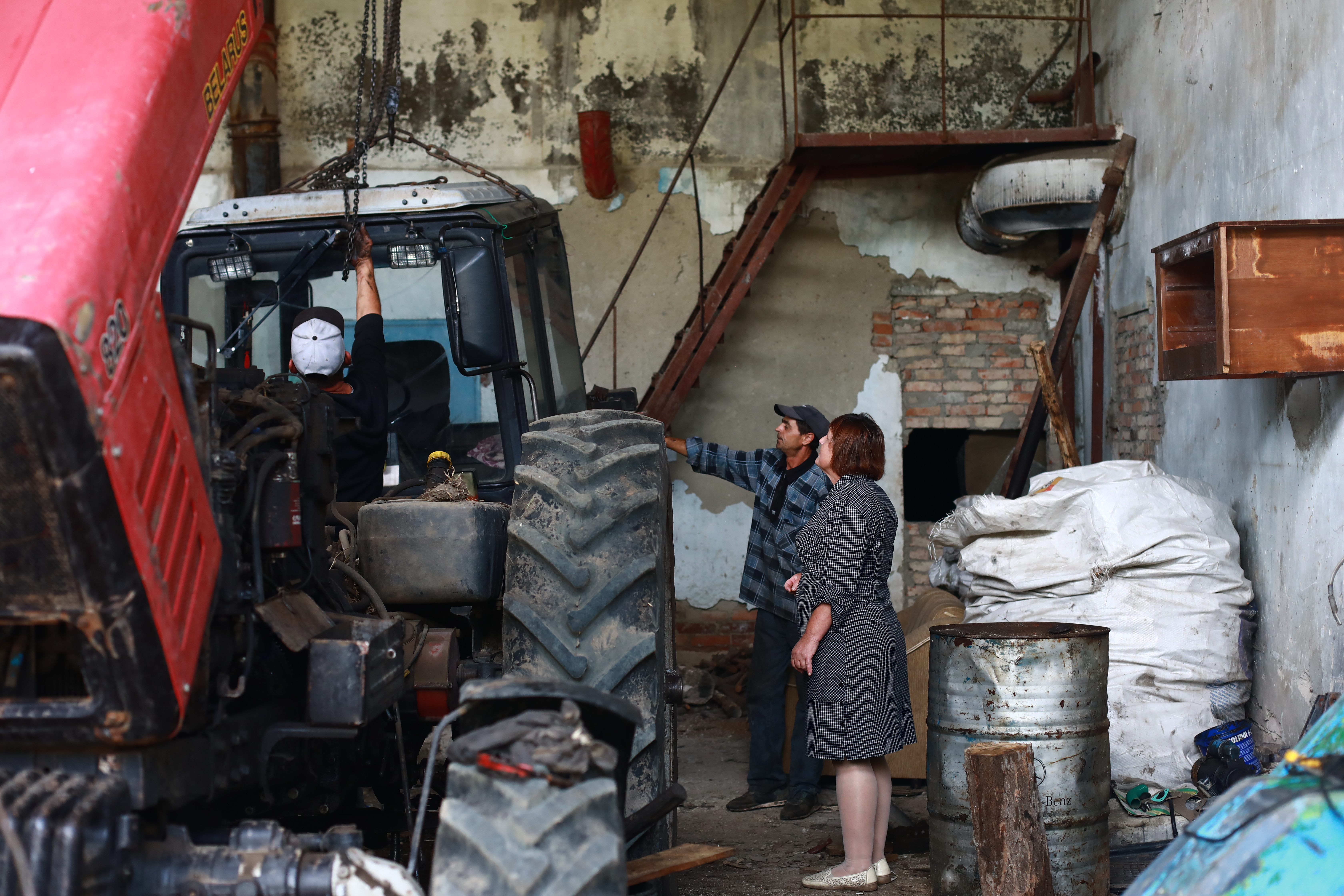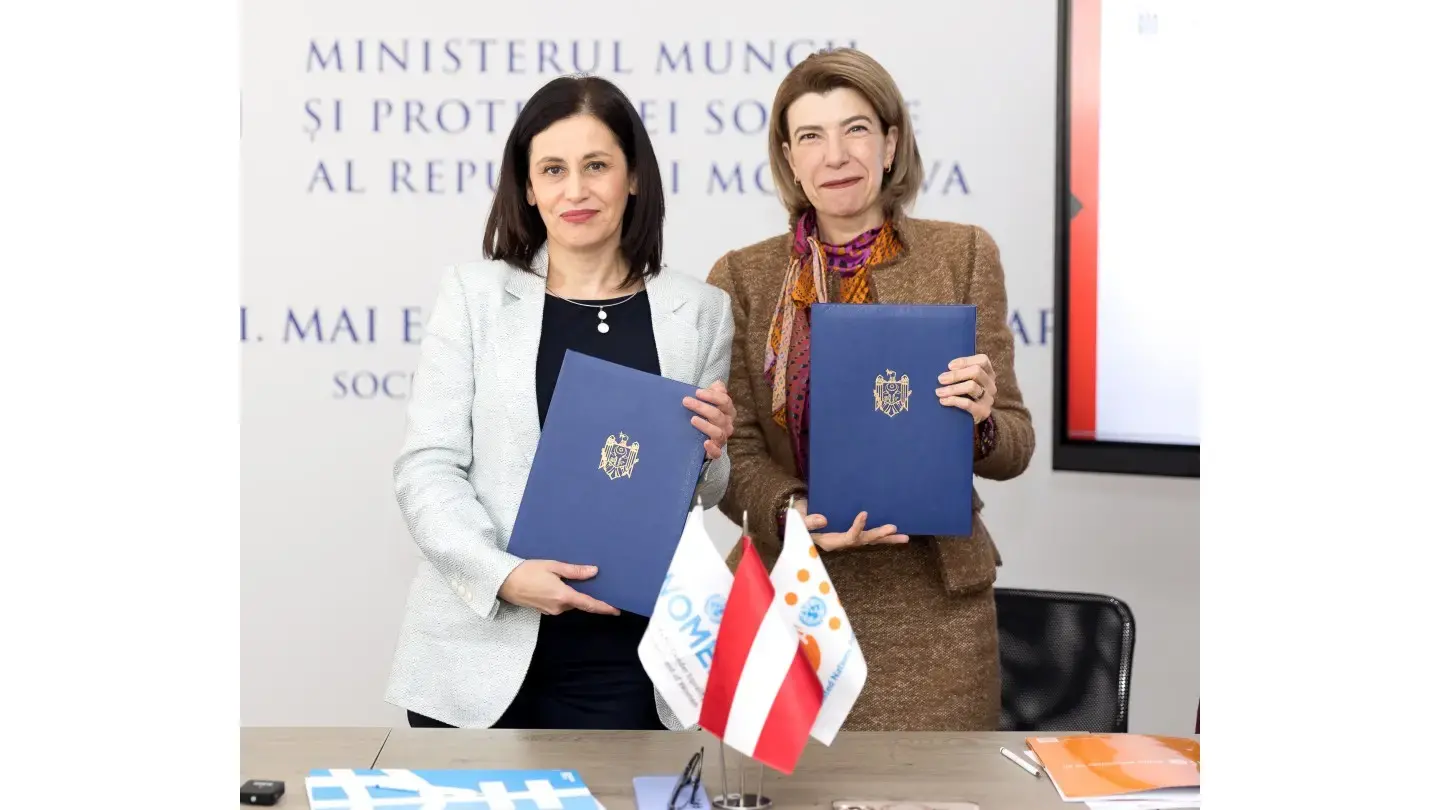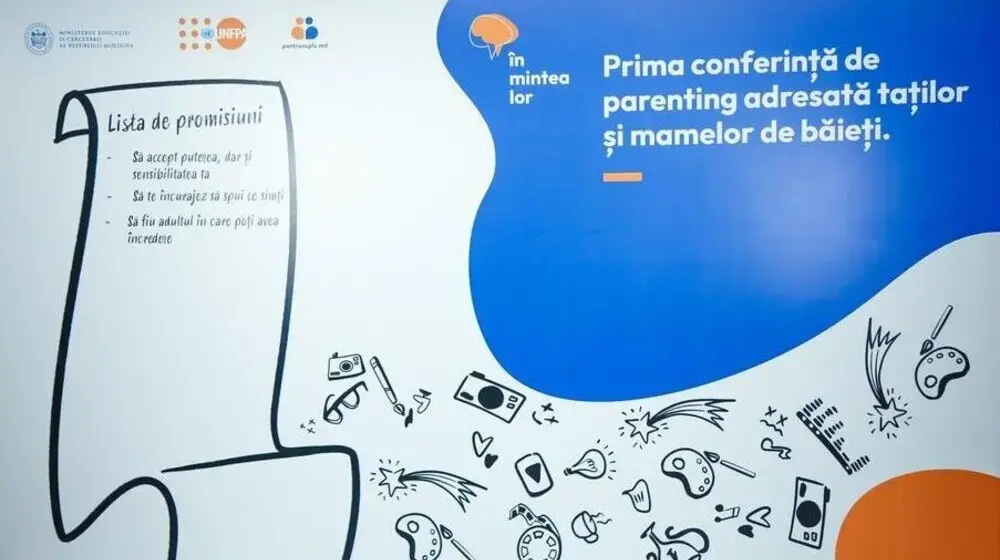Ecaterina Medic starts her day at 5 am. Until the sunrise, Ecaterina takes care of the house and feeds the animals . After that she heads up the hill to monitor the tillage of the land she manages.
Ecaterina Medic is a farmer. For the last 20 years, she has been running an agricultural enterprise and creating jobs for the people from her village Roșcani in Străseni region. She has planted corn, sunflowers, grape and fruit trees on those 100 hectares of land that she owns.
"I come to the hill with the greatest satisfaction. It's like these lands are my children. I approach one tree, then another. I'm passing by one more vine bush. I am happy that day by day I contribute to their growth", smiles the entrepreneur.

Stereotypes and a dream
The stereotypical attitudes and beliefs faced by rural women and girls in the Republic of Moldova, as well as the unequal responsibilities overtaken by women and men in the household and society, lead to an uneven participation of rural women in local decision-making processes or entrepreneurship.
Ecaterina confirms this thesis. In 1999 she formed her own peasant household. This is when she felt for the first time what it's like to be a woman in a field full of gender stereotypes.. "They didn't trust that I would handle it. But I don't see what difference it makes if the farmer is a man or a woman... I like agriculture and I would not give up..."
14 years later, in 2003, she opened a business that offered agricultural services to people in her village and increased her own production of grapes and corn for selling. "We created new jobs, so that people don't have to go abroad to make their living", says Ecaterina Medic.
She admits that the multiple roles assumed by rural women had an impact on her as well. The hard and intense work in the fields, along with running the business, were a real challenge for the family.
"When you have to work the land and have several people under your command, you have no way to clearly separate family life from the professional one. Sometimes I would get home even after 10 pm. My husband was taking care of the house and the child. If you have ambition and courage, then everything is possible. I always wanted to do what I like and leave something behind", adds Ecaterina.

"To be able to not give up"
Speaking about the opportunities and challenges for rural women, Ecaterina says that every year she notices more and more women who decide to start their own businesses. She is happy to see the women from rural areas who overcome their fear and apply for development projects and grants that allow them to create something beautiful in the village.
"There are so many national and international projects that help you launch your own business. You just have to do it and don't just listen to those who say it's difficult. You have to have the guts to start and not take a step back at the first hurdle", adds Ecaterina.
Her business has made her both laugh and cry, want to quit, but also jump up from joy. Agriculture did not let her get bored and showed her that she is strong and that she can fight the prejudices rooted in Moldovan society.
*******************************************************************************************************************************************************************************
Starting from March 2020, with the financial support of the European Union, UNFPA - the United Nations Population Fund and UN Women (the United Nations Entity for Gender Equality and the Empowerment of Women) are implementing an innovative program in Moldova: "Together against gender stereotypes and gender-based violence of gender", designed to strengthen gender equality.
The program activities address gender stereotypes in the professions, gender roles in families and gender-based violence.
The dissemination of Ecaterina Medic's story is a continuation of the efforts of the European Union, UNFPA and UN Women to combat gender stereotypes, prevent violence against women and promote gender equality in all areas of development.
This article was published within the "Together against gender stereotypes and gender-based violence" program funded by the European Union and jointly implemented by UN Women and UNFPA.
This article was produced with the financial support of the European Union. The content of this article is entirely the responsibility of the author and does not necessarily reflect the opinion of the European Union.





